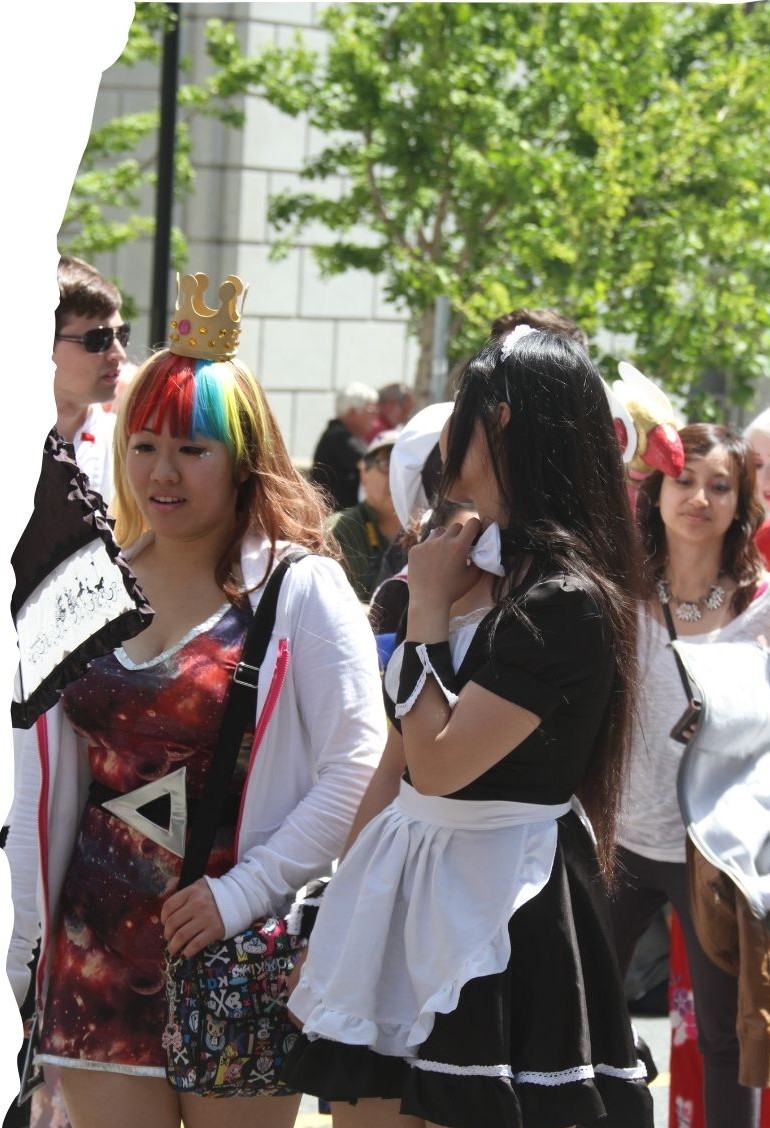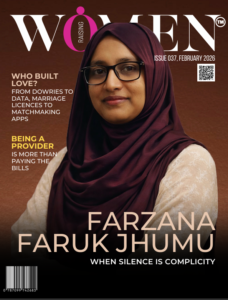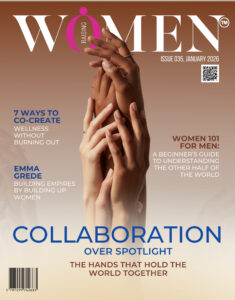By Ikupolusi Ariyike
Traveling while menstruating can present unique challenges for women, depending on cultural norms, access to sanitary products, hygiene facilities, and societal attitudes toward periods.
Here’s are the realities of period all around the world:
1. The realities of period travel in different parts of the world
2. Cultural attitudes toward periods: from stigma to celebration
3. Practical tips for managing periods on the go
- The Realities of Period Travel in different parts of the world
In many countries, sanitary pads and tampons are expensive, hard to find, or culturally discouraged. For example:
- In rural India and Nepal, many women still rely on cloth rags due to cost and availability.
- In some parts of Africa, girls miss school because they lack access to menstrual products.
- In Japan and South Korea, vending machines sell pads and tampons in public restrooms, a convenience rarely seen elsewhere.
Traveller Tip: Always carry a supply of your preferred products, especially if heading to remote areas. Menstrual cups or reusable pads are eco-friendly and long-lasting options.
Hygiene & Sanitation Challenges
Not all destinations have clean bathrooms, running water, or proper waste disposal. In some places:
- Public restrooms may lack bins for used pads/tampons.
- Water shortages (common in deserts or developing nations) make staying clean difficult.
- “Dry toilets” (common in trekking regions) require special disposal methods.
Traveller Tip: Pack biodegradable wet wipes, hand sanitizer, and sealable disposal bags.
2. Cultural Attitudes: From Stigma to Celebration
In some indigenous communities, menstruating women are restricted from certain sacred sites as they see it as a taboo, while some cultures celebrate the essence of it. For example:
- Nepal’s Chhaupadi: Some communities still exile menstruating women to huts.
- Indonesia & Malaysia: In certain rural areas, women are discouraged from entering temples or cooking while menstruating.
- Bolivia: Some believe menstruating women can “curse” food, keeping them out of kitchens.
Where Periods Are Celebrated:
- Japan’s “Kinketsu” Festivals: Some shrines honour menstruation as a sign of fertility.
- Taiwan & South Korea: Heated debates over “period leave” policies show shifting attitudes.
- Western Countries: Growing movements normalize periods in media and public discourse.
Traveller Tip: Research local customs before traveling; what’s normal in one place may be offensive in another.
3. Practical Tips for Managing Your Period on the Go
Pack Smart:
- Menstrual cup (sterilizable, lasts years)
- Reusable pads or period underwear (washable)
- Disposable pads/tampons (for emergencies)
- Pain relievers (ibuprofen, heat patches)
Dispose Responsibly:
- In places without proper waste systems, carry zip-lock bags for used products.
- Burnable? Some cultures burn menstrual waste, ask locals discreetly.
Manage Pain & Comfort:
Know where pharmacies are in case of emergencies.
Stay hydrated and avoid excessive salt/alcohol.
Light exercise (walking, yoga) can ease cramps.
Advocates on Trail breaking barriers
Female travellers are increasingly using their voices and platforms to advocate for menstrual equity. The idea that menstrual products, education, and sanitation should be accessible to all, regardless of geography or socioeconomic status. Here’s how they’re driving change worldwide:
- Raising Awareness Through Storytelling & Social Media
- Travel bloggers & influencers share personal experiences of managing periods in different countries, highlighting disparities. @theperiodprincess on (Instagram) discusses period poverty while backpacking in Nepal.
- Wild Woman Expeditions features stories of adventurers breaking taboos in remote areas. With Hashtag campaigns like #MenstruationMatters and #HappyToBleed challenge stigma.
2. Supporting Local & Global Menstrual Equity Initiatives
Donating supplies to organizations like:
- Days for Girls (reusable pad kits for girls in low-income regions).
- Voluntourism projects where travellers teach menstrual health workshops in schools (e.g., Project Dignity in South Africa).
3. Pressuring Travel Companies & Destinations to Improve Access
- Lobbying airlines & hotels to stock free period products (e.g., Always partnered with hotels in the U.S.).
- Female-focused tour companies (like Intrepid Travel) now include menstrual supplies in first-aid kits.
4. Promoting Sustainable Period Travel Kits
- Eco-conscious travellers advocate for reusable products (cups, cloth pads) to reduce waste in places with poor disposal systems.
- Brands like Saalt and Lunette partner with travellers to distribute cups in regions where disposables are unaffordable.
Final Thoughts
Traveling while menstruating isn’t always easy, but with preparation and awareness, women can navigate periods anywhere in the world. By sharing experiences and supporting menstrual health initiatives, travellers can help break taboos and make periods less of a barrier for themselves and others.







